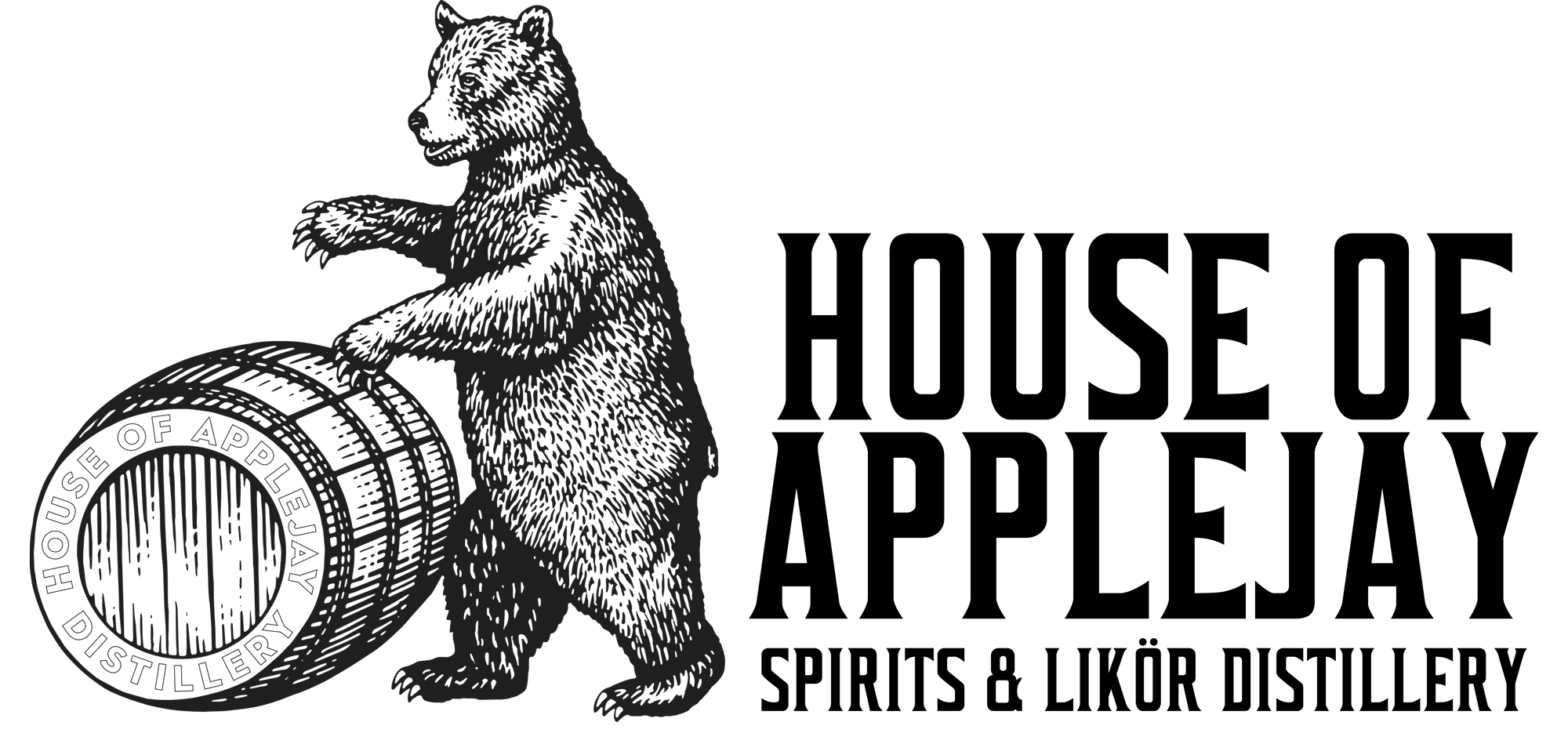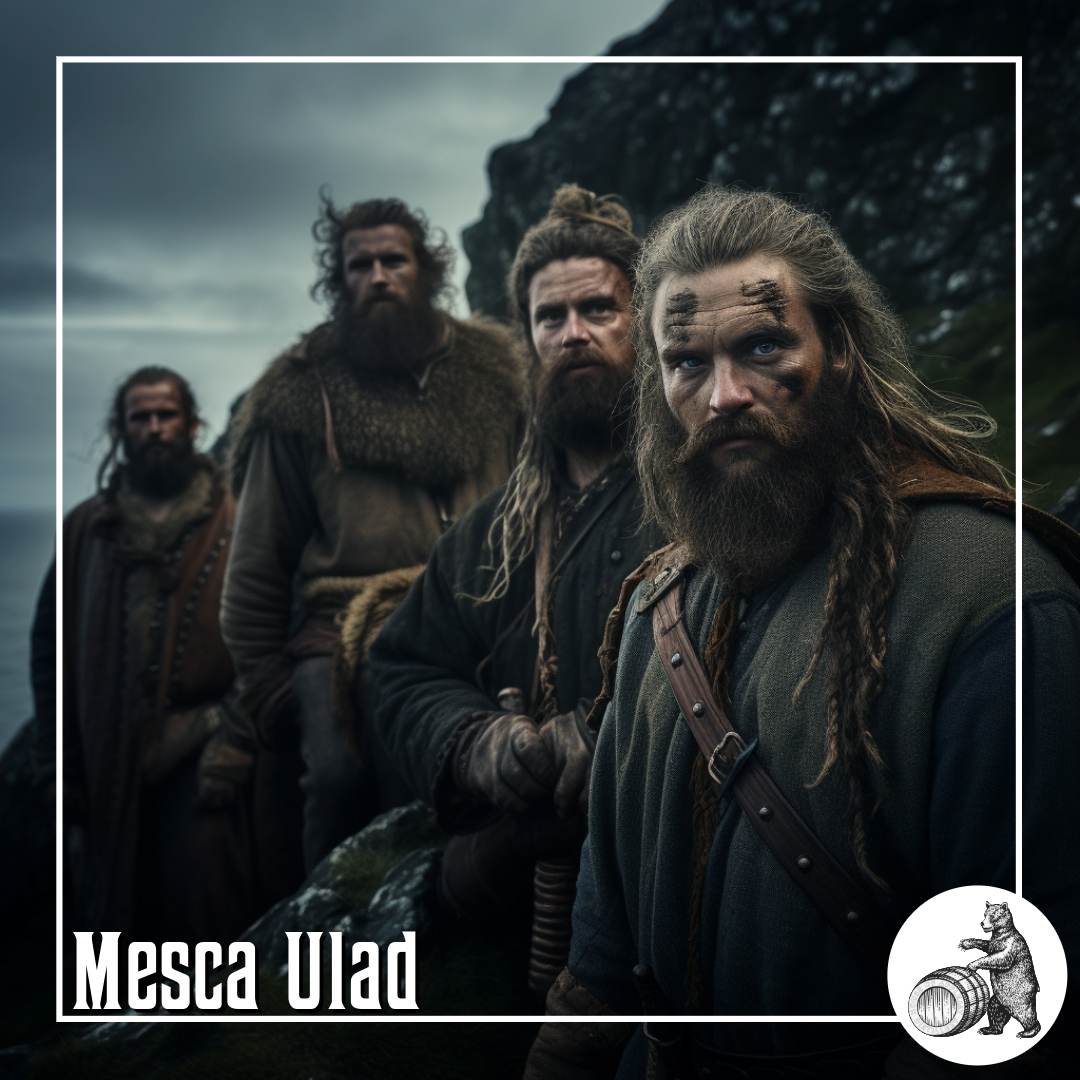Mesca Ulad
Mesca Ulad and the Drunken Warriors of Ulster
“Mesca Ulad,” a tale rooted in Irish mythology since the 12th century A.D., unfolds the enchanting story of “The Drunkenness of the Warriors of Ulster.” This narrative, divided between distinct Irish manuscripts, centers around King Conchobar mac Nessa and his foster sons, Fintan and Cú Chulainn. Amidst political intrigue and festive celebrations, the legend provides a glimpse into the cultural dynamics of social drinking in ancient Celtic traditions.
Mesca Ulad, or “The Drunkenness of the Warriors of Ulster,” is an intriguing tale rooted in Irish mythology, with its earliest recorded versions dating back to the 12th century A.D. The narrative unfolds in two parts, initially inscribed in Middle Irish within the Lebor Laignech (“The Book of Leinster”) and later in Old Irish in the Lebor na hUidre (“The Book of the Dark/Dark Colored Cow”). The synthesis of both parts can be found in the Leabhar Buidhe Lecain (“The Yellow Book of Lecan”) and a 16th-century Scottish manuscript.
The story revolves around King Conchobar mac Nessa, who convinces his foster sons, Fintan and Cú Chulainn, to allow him to rule Ulster alone for a year. After the designated period, both sons wished to hold grand festivals for Conchobar on the same day. Faced with this dilemma, Conchobar decides to split the night, celebrating first at Fintan’s and then at Cú Chulainn’s. However, in the drunken revelry as they journey between the two celebrations, they mistakenly enter the territory of the hostile king Cú Roí.
Cú Roí welcomes the inebriated guests, inviting them to feast in an iron house covered with wood paneling. Yet, he betrays them by locking the house with chains and attempting to set it ablaze. With the help of Cú Chulainn, the Ulster warriors manage to break free, saving their lives and retaliating by destroying Cú Roí’s castle, Temair Luachra.
This tale is not only a captivating myth but also provides insights into Celtic social practices. In particular, the narrative reflects the significance of social drinking in Celtic culture, where mead and beer held prominence. The concept of “mescae,” drinking to the point of drunkenness, was not only common but also socially acceptable, even leading to occasional conflicts under the influence. The narrative paints a vivid picture of a culture where the boundaries between celebration and confrontation blurred amidst the intoxicating spirits.
A quote from Roman historian Ammianus Marcellinus further emphasizes the Celtic penchant for such revelry, describing a nation eager for wine and diverse wine-like drinks, with some individuals perpetually in a state of voluntary frenzy under the influence. Mesca Ulad, beyond its mythical elements, serves as a window into the cultural dynamics and social rituals of ancient Ireland.
“The nation is greedy for wine, also knows how to prepare many kinds of wine-like drinks. Some of the common people run around in voluntary frenzy with unsteady gait drunk all the time.” Ammianus Marcellinus (ca. 330- 391/400 A.D.)
The Distilling Culture
BLOG
Embark on a global journey, and you’ll find that cultures possess tales that harken back to their ancient beginnings of distillation, brewing, and winemaking.
info@houseofapplejay.com
67 Fowler St, Bldg B, East Ellijay, GA 30540

